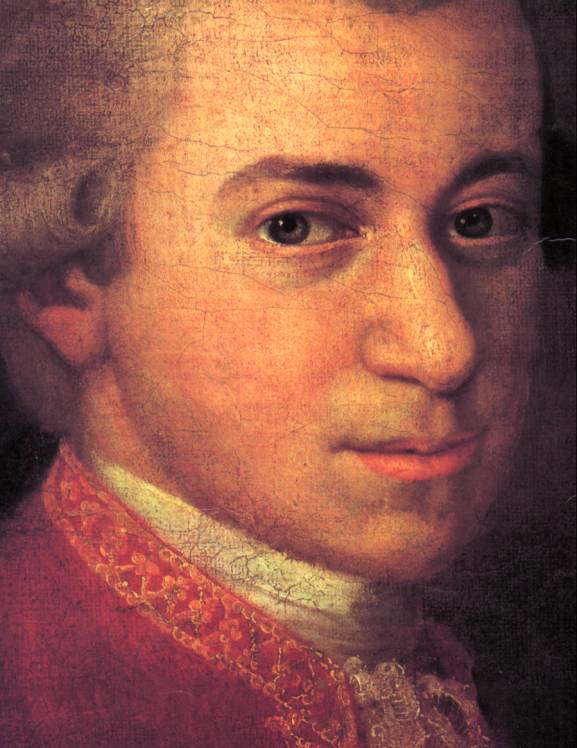
Wolfgang Amadeus Mozart was born into a highly musical family. His father was was a skilled violinist and his older sister played the clavier excellently, so from his infancy he was surrounded by music. Yet, as he wrote in a letter to a friend, that was supplemented by deep study.
“it is a mistake to think that the practise of my art has come easy to me. I assure you, dear friend, no one has given so much care to the study of composition as I. There is scarcely a famous master in music whose works I have not frequently and diligently studied.”
In Kerst’s edition of Mozart: The Man and the Artist Revealed in His Own Words (Dover, 1965), p. 6
Related: My other posts in my “How Great Artists become Great” series, including Rodin, Tchaikovsky, Michelangelo, Liszt, Beethoven, and others.
See also the Creative Genius as Selfish series, on Beethoven, Rachmaninoff, Callas, Wagner, and others.
Mozart was almost impossibly gifted. As young child he would given an instrument he had never played, would learn to play it in front of an audience (usually Royalty) with a couple of minutes practice. And then he’d along with the orchestra.
He could play pieces backwards from memory on demand. We still listen to pieces he composed when he was 3.
So this quote may give us mere mortals some solace that we aren’t quite up to Mozart’s level, but only because we didn’t study as much. Don’t kid yourself, that is absurd. There was also a book that implied you could learn to be Mozart with 10,000 hours of study … please. How many chagrined parents believed that?